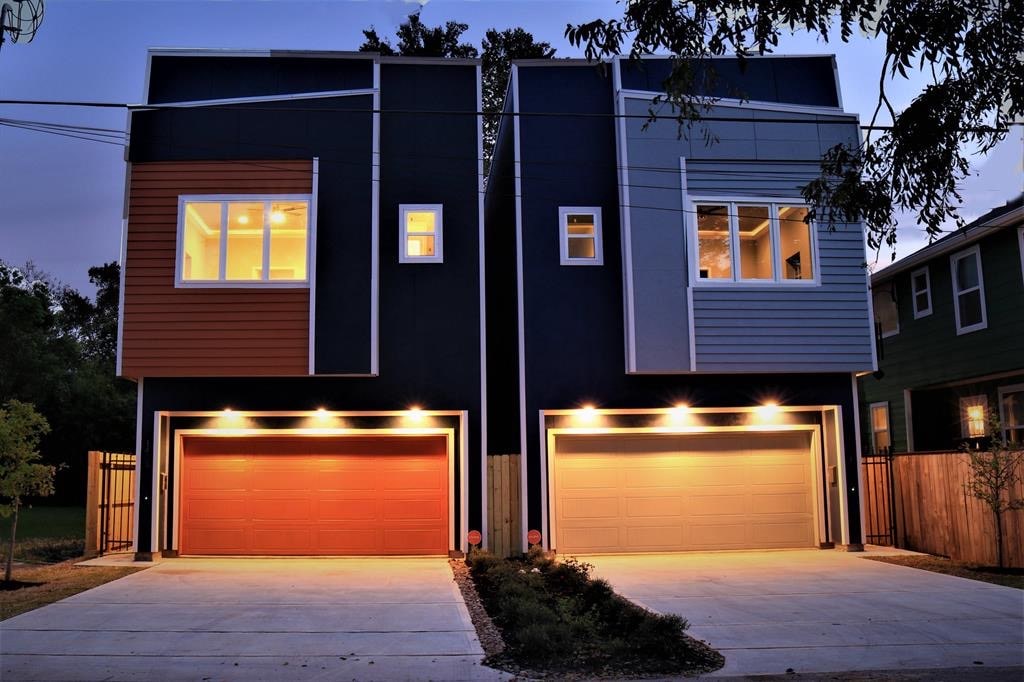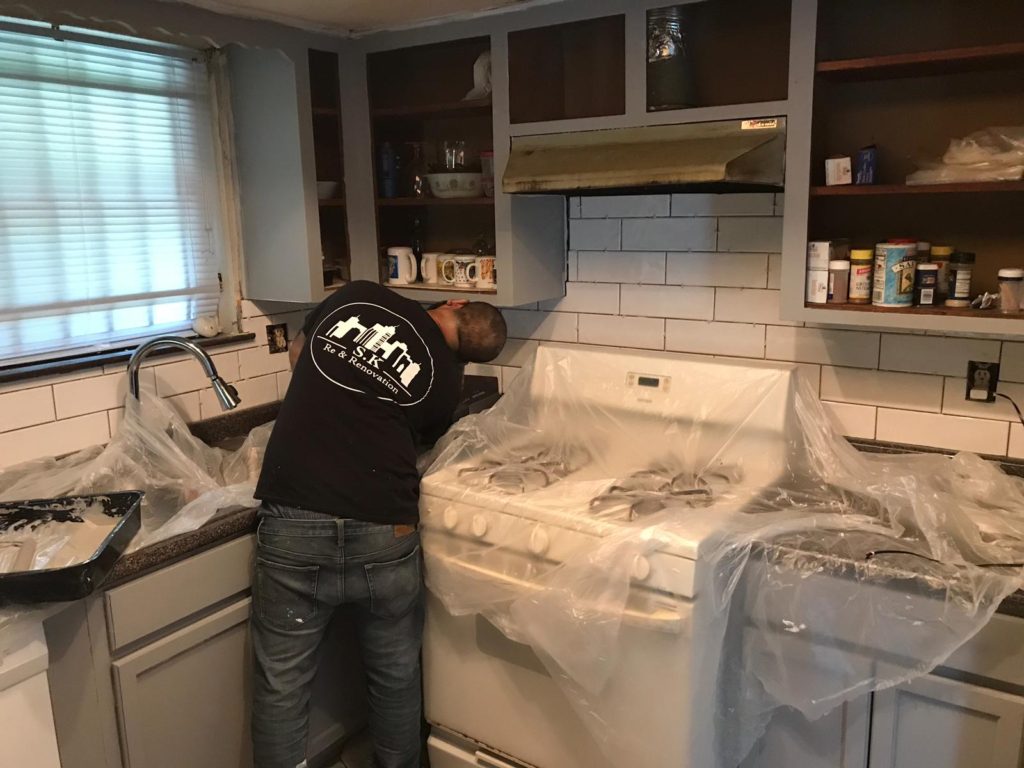If you’re planning you’re next renovation project, you’re probably taking into consideration a few factors: Your budget, your timeline, and the contractor who will make it happen.
Finding the right person for the job is not an easy task – it requires so much research and pre-planning, it can be a bit overwhelming or frustrating for anyone to face.
This guide is going to relieve the pressure, by providing all the information you need for finding the finest contractor that will make your next home renovation a dream come true!
Step 1:
First things first, you need to ask yourself what type of project needs to be done. If it is a specific, small project, you should look for a contractor who specializes in what you want to do. If it is a medium project, that doesn’t include structural changes to your home, you should get a general contractor. If it is a really big project, you will need either an architect or a designer (who specializes in doing what contractors and architects do).
Once you’ve figured out the type of contractor you need, you should do some research. Try to ask your friends and colleagues (or anyone you know and trust) if they have any recommendations for contractors they’ve used. Another way of finding the right contractor is using the internet. Do some diggings – Searching for local contractors via the internet is a great and easy way to learn about the contractor you are about to hire. If you’ve found a contractor online – make sure you check if he has a professional, up-to-date website and of course- if they have any ratings or reviews on the web – for better or for worse.
Step 2:
Once you’ve gathered your top picks, it’s time to make some phone calls.
There’s no precise number of contractors you need to call, but you should assemble a list of 10-12 contractors based on your initial research. Your aim should be to spot about 5 contractors that you feel confident about and that you would like to meet face to face.
Throughout the conversation, pay attention to the manner in which they speak to you and their answers to your questions. Here are some points to be aware of:
Do they answer the phone professionally? Do they speak to you with respect? Are they showing a willingness to help you?
Trust your gut. At the end of the day, you have to feel comfortable around the person you choose to hire since they are about to spend a whole lot of time around you and your family.
Before you make the calls, prepare a list of questions for the things that are important for you to know – make sure you’re writing the answers you get from each and every candidate you talk to. That way it’ll be easier for you to make the final decision.
Here are some key questions you should ask:
–Are they licensed? Do they have insurance and if so, what kinds of coverage do they have?
–Have they ever completed any similar projects to yours before? have the details of your project in hand so they can answer your questions as accurately as possible.
–Are there any references you can contact? A good contractor should have enough satisfied customers that you can call.
–When will they be able to start the job? be sure that their schedule is synchronized with yours and that the project can be completed when you need it to be.
When you’re done calling your candidates, pick your top 5, call each of them and request a face-to-face meeting to deepen the discussion about your project.
Step 3:
Throughout the meeting, do your best to evaluate the contractor’s synergy with you along with their explicit response to all of your questions.
Keep in mind that you do NOT need to sign anything until you are absolutely pleased with the way that the person you just met conducted during your encounter and that you are allowed to change your mind at all times.
We have gathered some questions that will be helpful for you to ask at the time of the meeting. Write their answers down, just like you did during the phone calls –
-How long does their company exist?
-Are they licensed to work in your area? How long have they been licensed?
–Will your project require permits and will they be able to help you with all the bureaucracy?
– How many projects like yours have they experienced?
-Can they provide you with a quote? Make sure that all of the contractors you meet with giving you similar quotes- If someone gives you a quote that is much lower than the others, it can usually predict a poor quality job.
–What do their payment schedules usually look like and are they willing to be flexible with it?
–Are they happy to show you a project they are working on at the moment? If so, reach the homeowner and ask how satisfied they are (so far) with the contractor’s work.
Once you’re done meeting with all of your selected contractors, revise your notes and select the one you would like to proceed with. Schedule another meeting and ask much more specific questions and discuss your project at greater length.
Step 4:
Once you have selected your chosen contractor, the next step will be talking price and payment. It is possible that there won’t be much room for negotiation on the price, but there might be some flexibility regarding the payment plan. In this industry, every contractor will behave differently. However, there are two main options for payments and each has pros and cons:
Keep in mind that the cheapest option won’t always be the best option. Also, be mindful of not making any payments in advance for a job that hasn’t been done yet.
1.Cost plus flat fee: The contractor will charge an agreed fee for management and logistics (about 13%-20%) plus the actual cost of the project. The contract will offer the approximated costs at each stage of the process. The final sum should match the total cost unless there are unexpected expenses. State in the contract that your contractor will provide you with all the receipts and bookkeeping’s on a regular basis. This budget option grants much more flexibility, but it makes it difficult to establish the final cost.
2.Bid basis: You and the contractor will prepare a budget for the whole project and agree upon a payment lineup, all of which will be in your contract. This alternative is a lot more appealing If you’re on a budget – but there is less Wiggle room
Step 5:
When gathering up a contract with your contractor, you have to make sure you don’t exclude any detail. If for any reason, something goes wrong during the process and you have to pursue legal action, your contract will be a crucial part of proving your case.
Here are some of the things your contract should spread out thoroughly:
- Contact info of your contractor: name, physical address, phone number, insurance company, account number, and license numbers.
- The project’s beginning date and finishing date, or its start date and the period of time until finalization.
- Your disbursement and funding plan.
- A definite schedule displaying each stage of the project including any plumbing, electrical, and carpentry elements.
- A meticulous record of all needed materials, who will pick them, and how much will be allocated for them if they are selected at a later stage.
- A pledge that the contractor will file for all the required permits.
- Possible schedule conflicts with other projects the contractor may be working on.– Change orders during a construction project is one of the most litigated issues in the construction industry. Sometimes unexpected incidents occur and it can alter the project schedule and costs. Adding a clause for change order provisions spread out which extra work might be required, what will it cost and how will it alter the completion date. Some people want this section to also contain what will occur if they change their mind about a part of the project.
- The names of the laborers that will work on the project and the beginning and end times of their workday.
- A “broom clause” that holds the contractor responsible for the removal of all trash and debris, regular site clean-up including spills and stains and assurance to leave the property in broom swept shape at the end of each working day.
Remember, A successful construction project begins with a well-prepared contract. Without these elements precisely specified, you’re defenseless. It is important that every person whose about to get involved with a contractor will seek out the help of an experienced construction lawyer to either draft or review contracts before legally agreeing to the terms of a project.


